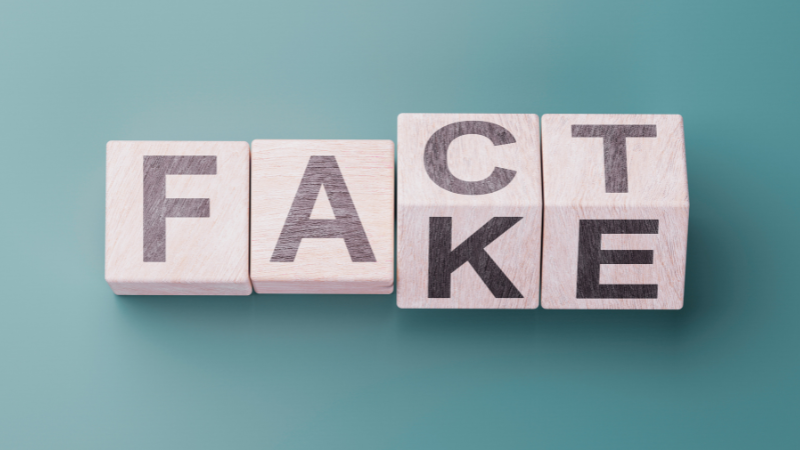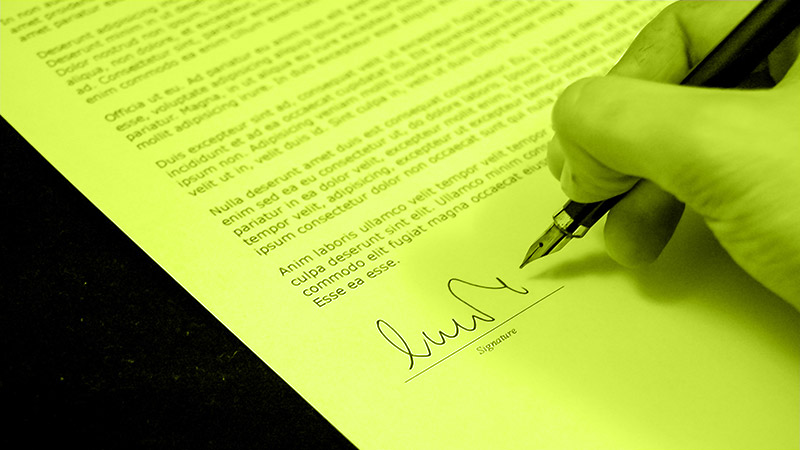How Long to Sell a House UK?


Knowing how long it would take to sell your house can ensure you set realistic goals and expectations.
How Long to Sell a House? The process can feel lengthy and frustrating, especially if you’re in a rush. Every property is different, and various factors can impact the selling process, some of which are outside your control.
This guide explores everything you need to know about how long it takes to sell a house in the UK to ensure you have a realistic timeline of the process.
What is the Average Time of Selling a House in the UK?
The UK government notes that the average time to sell a home in the UK is around five months.
However, it can take longer depending on where you live, the type of property you’re selling, and whether you’re involved in a chain or sequence of property transactions.
It’s important to note that the timeline runs from the moment you list your home until the completion date when the buyer can move in.
How Long Do the Stages of Selling a House Take?
Selling a house involves several stages, each impacting the total time taken. These include:
Stage 1: Listing Your House (1-3 Days)
Listing your house on the open market, also known as an estate agent sale, is the first stage in the selling process. It involves advertising your home with an estate agent to find and negotiate a deal with interested buyers.
Research estate agents before you get the ball rolling to avoid wasting time looking for the right match.
Once you choose a suitable agent, they’ll visit your property to take photos for the listing and ensure the home has a valid Energy Performance Certificate (EPC). The process can take between one and three days.
Stage 2: Getting An Offer (5-14 weeks)
An essential factor that will impact how long it takes between listing your property and getting an offer is how hot or cold the property market in your area is.
In cold markets, there are a few buyers around, meaning your home can take a while to sell, while in hot markets, there’s more demand from buyers, meaning your house will sell quickly.
You can get an offer in around five weeks or 32 days in a hot market, and it can take around 14 weeks to get an offer in a cold market.
Stage 3: Conveyancing and Mortgage Application (12-16 weeks)
Conveyancing is usually the longest part of the house-selling process and can take around 12 to 16 weeks. It starts after accepting an offer on your property and involves checks to ensure you and the buyer are truthful about the property and the ability to buy.
The buyer’s solicitor organises various searches on your property, including local authority searches, environmental searches, water and drainage searches, and a Land Registry search.
The conveyancing can take longer if the searches find a problem that requires further investigation or if the property has a leasehold or restrictive covenants.
Due to limited resources, local authorities can be slow when completing search requests.
The buyer’s mortgage can directly depend on the results of the surveys, which can delay the process further since selling the property depends on the buyer’s access to funds.
The buyer’s conveyancer will also contact the other conveyancers in the chain to prepare contracts for exchange and completion.
Stage 4: Exchanging Contracts and Completion (7-28 days)
You can exchange contracts once the surveys and searches are complete and the buyer has arranged their finances.
Both parties and their conveyancers will review the contracts to ensure they’re correct. The conveyancers from both parties will then make a formal exchange.
The exchange can occur over a recorded phone call and usually happens as part of a property chain.
All the buyers in the chain must be fully ready since it involves the first conveyancer calling the second to conduct the exchange, the second calling the third, and so on. The process continues until all the parties in the chain finish exchanging contracts.
The property purchase becomes legally binding to complete after the contract exchange. You can sue the buyer for your legal costs and deposit if they back out after the exchange.
Related reading:
- Reasons for remortgaging.
- Remortgaging to release equity.
- Remortgaging to buy another property.
- Remortgaging with bad credit.
- Remortgaging for home improvements.
- I own my house outright can I remortgage?
- Capital raising mortgages.
The final stage is completion and involves the buyer becoming the legal owner of the house.
All parties in the chain agree on a completion date before exchanging contracts. It’s the day sellers move, and buyers pay in full for the property through their conveyancer or solicitor.
Although it’s possible to exchange and complete on the same day, it’s not recommended. It can be challenging to arrange and can result in disaster if a mortgage company fails to pay out in time or some paperwork goes missing.
Completion is generally set for 7 to 28 days after the contract exchange to give everyone enough time to get their money in place and prepare for the upcoming move.
REASONABLE PRICING WILL ATTRACT MORE BUYERS AND LEAD TO MORE OFFERS
What Can You Do to Speed Up the Sale of a House?
Make Your Property More Desirable
Your property’s condition is one of the most influential factors when selling a house in the UK.
Homes in good condition usually sell faster than those requiring work, so make your property as desirable as possible to attract buyers and offers.
You want buyers to visualise themselves living in the house, which can be challenging if poorly maintained and cluttered.
Set a Reasonable Price
Reasonable pricing will attract more buyers and lead to more offers. Fewer people will view and make offers on overpriced houses, meaning they’ll stay on the market longer, and you may end up selling for a lower price than you would have if you had listed it for less.
Research the recent sales prices of similar houses in your area to determine a realistic price. You can also consider size, location, condition, and unique features.

Communicate and Stay Responsive
Keep regular contact with your estate agent and solicitor to ensure you’re up to speed with progress and that it’s on track.
You can also arrange regular updates with everyone involved to ensure they know what they should do and when. You should also go through, sign, and return all documents quickly to avoid delaying the process.
Final Thoughts
Selling a house in the UK can take around six months or up to 34 weeks. However, the time can vary depending on how long each stage takes.
Strategies like making your house more desirable, setting a reasonable price, regularly communicating with all parties, and staying responsive can help speed up the selling process.
Sources and References
- https://www.gov.uk/selling-a-home
















